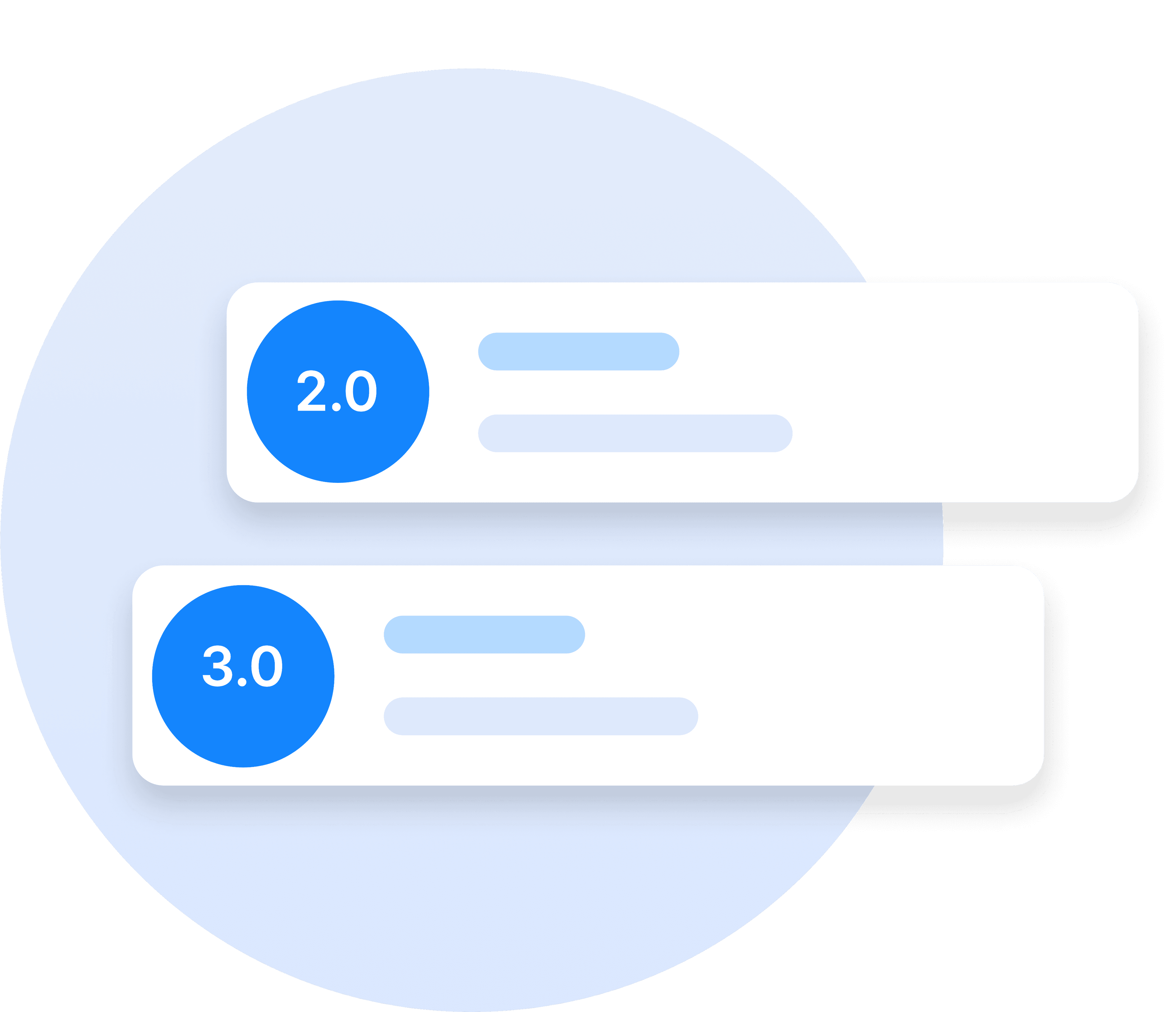Metrics
Overview
Pros
Cons
Metrics
LanguagesMove
Chain typeNON - EVM
Marketcap2B USD
Ecosystems12+ Projects
Overview
Sui Network is a Layer-1 blockchain designed to make it easier for developers to create and deploy smart contracts. One of the main features of Sui is its ability to process multiple transactions simultaneously, which is different from traditional blockchains like Ethereum and Bitcoin that handle transactions one after another.To understand this better, imagine a single-lane road and a multi-lane highway. More lanes allow more cars to travel simultaneously, making the whole system more efficient. Similarly, Sui’s parallel processing system aims to improve the network's efficiency and scalability.Sui Network uses the Move programming language, which Facebook originally developed for its Diem project. Move allows developers to define custom assets on the blockchain. These assets are subject to strict ownership rules enforced by the language to prevent duplication, misuse, or accidental deletion. This feature makes Move suitable for building decentralised applications (Dapps) that require high security and reliability, which is extremely important for blockchains securing significant amounts of value.To process transactions in parallel, Sui Network employs a two-part system called “Narwhal and Bullshark.” Narwhal is responsible for grouping transactions into batches, while Bullshark sorts these batches into a specific order before they are approved. This unique approach is designed to help Sui Network achieve high transaction speed and throughput.The native token of the Sui Network is called SUI. It serves multiple purposes within the ecosystem, such as paying transaction fees, participating in network security through staking, and enabling token holders to engage in governance decisions.Sui Network has the potential to support various use cases, including gaming, social networking, and decentralised finance (DeFi). It aims to enable secure ownership of digital assets, facilitate fast and secure peer-to-peer (P2P) payments, and provide a foundation for accessible financial services.In the gaming industry, Sui Network may offer developers opportunities to create immersive experiences with real ownership of in-game items. It could also give users control over their data and interactions with social networks, promoting privacy and authenticity previously unavailable on centralised platforms.
Pros
Cons
Have aproject idea?
We're excited to hear from you! If you have a project in mind, share your vision with us. Let's collaborate to turn your ideas into reality. Click here to get started!
